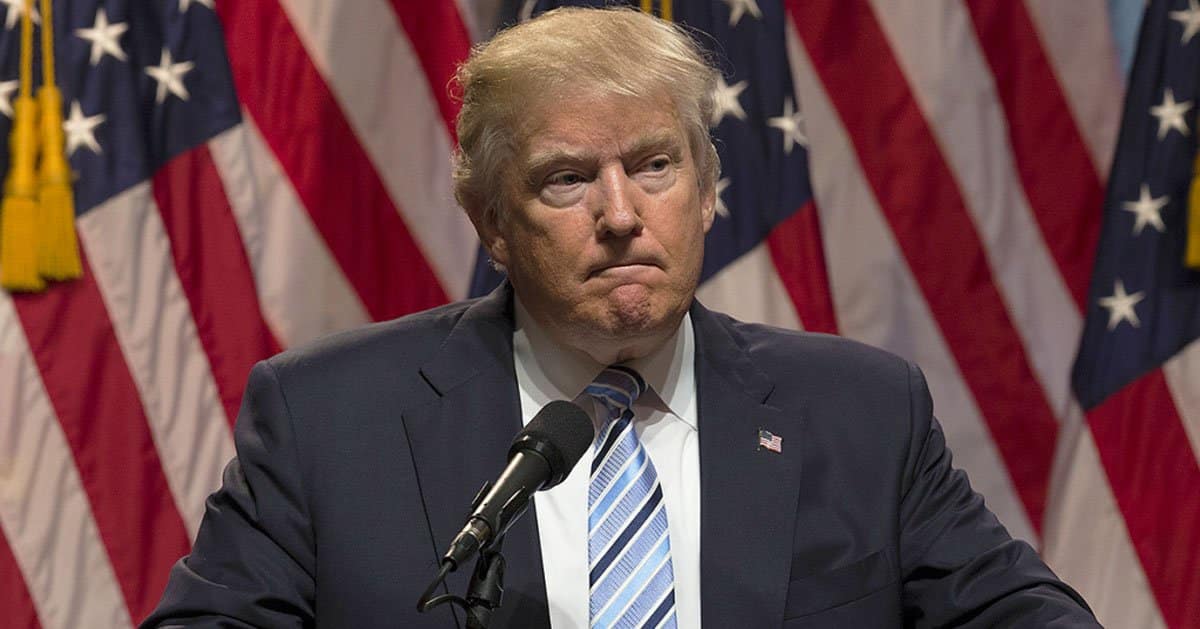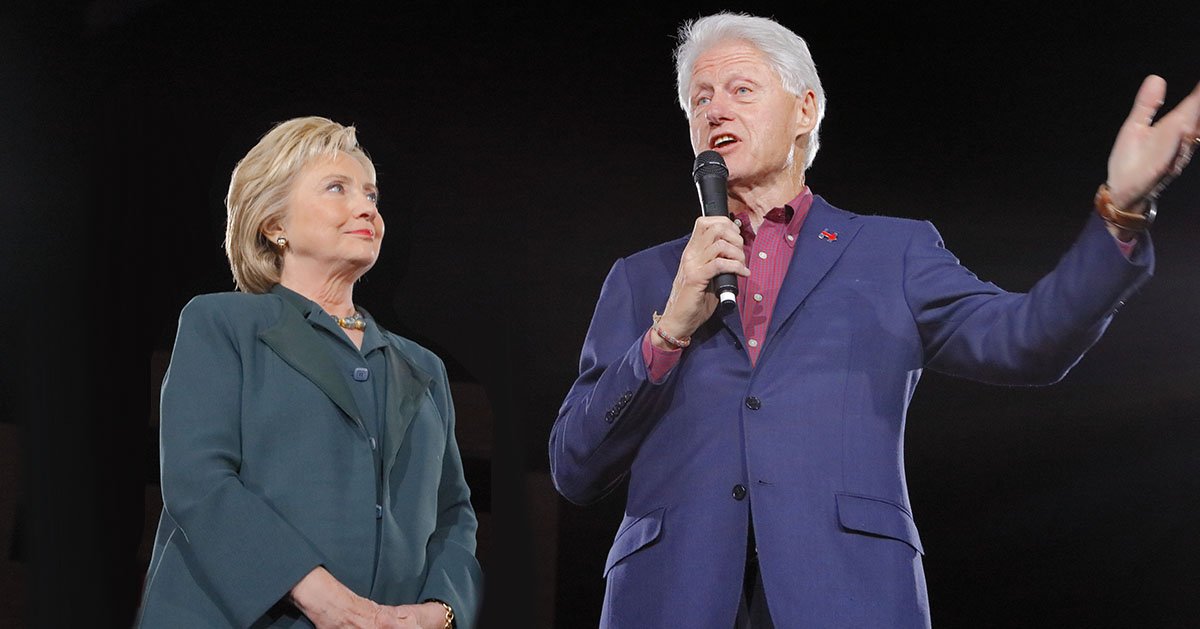








The United States Supreme Court is about to hit a financial wall thanks to a government shutdown that’s got the Judiciary branch scrambling, Just the News reported.
As of this weekend, the highest court in the land will exhaust its government funding, with other federal courts following suit early next week, leaving essential operations intact but public access and paychecks in limbo.
The shutdown’s impact starts on Saturday, when the Supreme Court’s government funds officially dry up after covering operations through the prior day.
Over the weekend, the court will scrape by using fee balances and other non-appropriated funds to keep the lights on.
Come Monday, though, the public will find the Supreme Court’s doors slammed shut, even as the justices soldier on with their critical duties.
It’s a bitter pill—while the court stays in session, regular folks won’t get a peek inside, which feels like another way D.C. elites keep the people at arm’s length.
Federal judges, to their credit, aren’t packing up; they’ll keep grinding through cases despite the funding lapse.
Their staff, however, will be limited to specific protected tasks, and neither judges nor staff will see a dime in pay starting Monday until this mess gets sorted.
Call it dedication or just plain unfair—this is what happens when bureaucrats can’t get a budget together, leaving the folks upholding our Constitution high and dry.
Across the board, other federal courts—appellate, district, and bankruptcy—will feel the pinch early next week, each left to figure out how to handle cases and supervision duties like probation.
The administrative office of the U.S. Courts tried to put a brave face on it, stating, “Until the ongoing lapse in government funding is resolved, federal courts will maintain limited operations necessary to perform the Judiciary’s constitutional functions.”
Limited operations? That’s cold comfort when justice itself gets put on a shoestring budget, and it’s hard not to wonder if this is another symptom of a government more obsessed with progressive pet projects than core responsibilities.
Supreme Court public information officer Patricia McCabe told The Hill, “The Supreme Court will continue to conduct essential work such as hearing oral arguments, issuing orders and opinions, processing case filings, and providing police and building support needed for those operations.”
That’s all well and good, but let’s not pretend this is business as usual—closing doors to the public while staff go unpaid isn’t exactly a shining example of ‘essential’ governance, and it reeks of misplaced priorities up on Capitol Hill.
This shutdown isn’t just a hiccup; it’s a glaring reminder that when the federal machine stalls, even the pillars of our justice system wobble, and it’s the American people who pay the price for Washington’s dysfunction.



